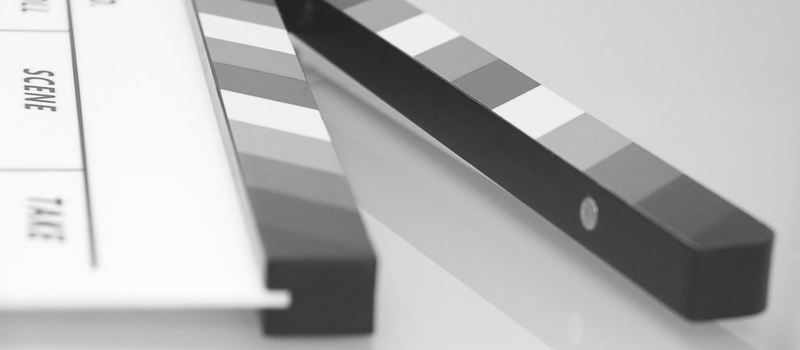The impact of technology on our everyday lives is becoming more and more evident with each new device launch, app roll-out and innovation announced. Digitalisation is increasingly pervading our world and it's no surprise that 63% of people are now willing to record their last wishes in a video, in addition to the traditional written Will.
According to research conducted by a group of charities, 70% of those preferring to make a video to explain their final wishes consider that this would make it easier for family members to settle any conflicts and disputes. For 62% of the people, recording their wishes would make relatives more confident about the choices and decisions the deceased person has made.
A video Will cannot be a substitute for a written Will, but it could accompany the legal document. In addition to providing reassurance to family members, video Wills can be also used as a method for preventing a Will from being challenged in court. It can help to prove that the Testator had mental capacity when detailing his or her final wishes and naming the beneficiaries of the estate. It can also show the Testator actually signing the paper Will, to further prove its authenticity.
When filming a video of one's final wishes, there are certain steps that need to be followed. First, it's important to make sure that the quality of the camera is good enough and the Testator's face can be clearly seen on the video. It's also essential to express yourself clearly and to keep the video captured area at medium close-up.
The opening statement should provide information about the name of the Testator and place of residence. They may also declare they are of sound mind and mention the time and place of the recording and the names of the beneficiaries.
Would you make a video Will?





